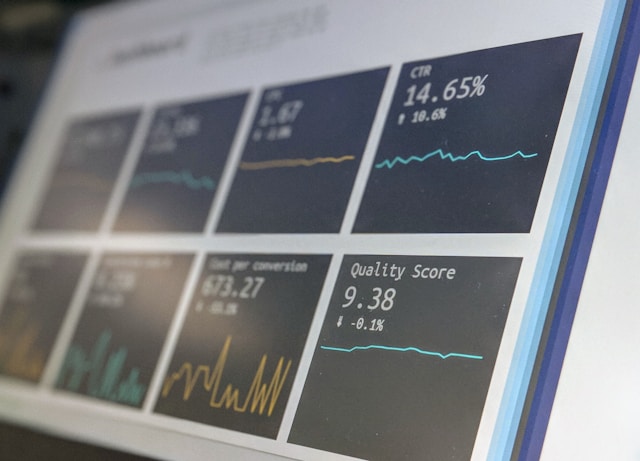Ethical considerations are crucial when using AI in research. AI tools can sometimes generate biased content or produce unreliable results under certain conditions. Researchers need to tackle these challenges head-on to maintain integrity in their work.
Clear guidelines on responsible AI practices are essential. These guidelines help ensure AI tools are used ethically and effectively. They address potential biases and how to mitigate them. It’s about making sure AI complements human judgment, not replaces it.
For those interested in a deeper understanding of how AI tools are transforming authorship while maintaining ethical standards, it’s beneficial to explore the importance of ethical transparency in AI authorship, which discusses the need for researchers to disclose the AI tools employed, their applications, and any limitations encountered.
Here’s what to focus on:
- Bias Mitigation: Implement strategies to reduce biases in AI-generated data.
- Reliability Checks: Ensure AI tools perform consistently across various scenarios.
- Responsible Practices: Establish clear guidelines for using AI responsibly in research.
- Societal Impacts: Consider how AI research affects society and strive for positive outcomes.
Ethical AI development means asking tough questions. Researchers should consider not just what AI can do, but what it should do. This approach helps balance technological progress with human empathy and creativity. Keeping ethics front and center ensures research is trustworthy and impactful.
Choosing the Right AI Tools
Selecting the best AI tools for research requires careful consideration of several factors. The goal is to enhance your research process by choosing tools that align with your specific needs. Here’s a simple guide to help you make the right choice:
- Evaluate Research Needs: Start by identifying what you need from an AI tool. Are you looking for something to handle large datasets or do you need assistance with data analysis? Knowing your requirements helps narrow down your options.
- Assess Data Processing Capabilities: Look for tools that can efficiently process and analyze data relevant to your field. Consider tools that offer advanced analytics, such as natural language processing or machine learning, to ensure they meet your research demands. For insights into how AI is transforming market research with these capabilities, explore our guide on AI market research tools and techniques.
- Check User-Friendliness: The best tools are intuitive and easy to use. A user-friendly interface saves time and reduces the learning curve, allowing you to focus more on research and less on figuring out how to use the tool.
- Consider Ethical Implications: Ethical use of AI is crucial. Ensure the tools you select have clear guidelines for bias mitigation and data privacy. This not only maintains the integrity of your research but also builds trust in your findings.
- Review Features and Limitations: Investigate the features offered by each tool and understand their limitations. This helps in setting realistic expectations and ensures you select a tool that complements your research strategy.
By considering these factors, you can choose AI tools that effectively enhance your research, drive innovation, and align with your goals. Thoughtful selection ensures that AI becomes a valuable partner in your research endeavors.
AI is changing the research landscape by streamlining processes and enhancing productivity. Its ability to handle massive datasets and automate routine tasks allows researchers to focus on innovation and strategic thinking. Choosing the right AI tools is key to maximizing these benefits, as they can significantly improve the efficiency and quality of research.
Finding a balance between AI’s capabilities and human insight is crucial. While AI can process data quickly, human expertise adds the necessary context and interpretation. This collaboration ensures that research remains accurate and meaningful. Ethical considerations are also vital, and AI tools should be used responsibly to maintain research integrity.
Selecting AI tools involves assessing your research needs, data processing capabilities, and user-friendliness. Ethical implications should guide your choice, ensuring that tools align with your values and standards. By focusing on these aspects, researchers can confidently integrate AI into their workflows, driving innovation while upholding ethical standards.
AI is an invaluable ally in the research world. It boosts efficiency, supports strategic decision-making, and enhances the overall quality of research. Embracing AI in research empowers you to uncover new insights and push the boundaries of what’s possible, making it an essential component of modern research practices.
Image Source

Leave a Reply